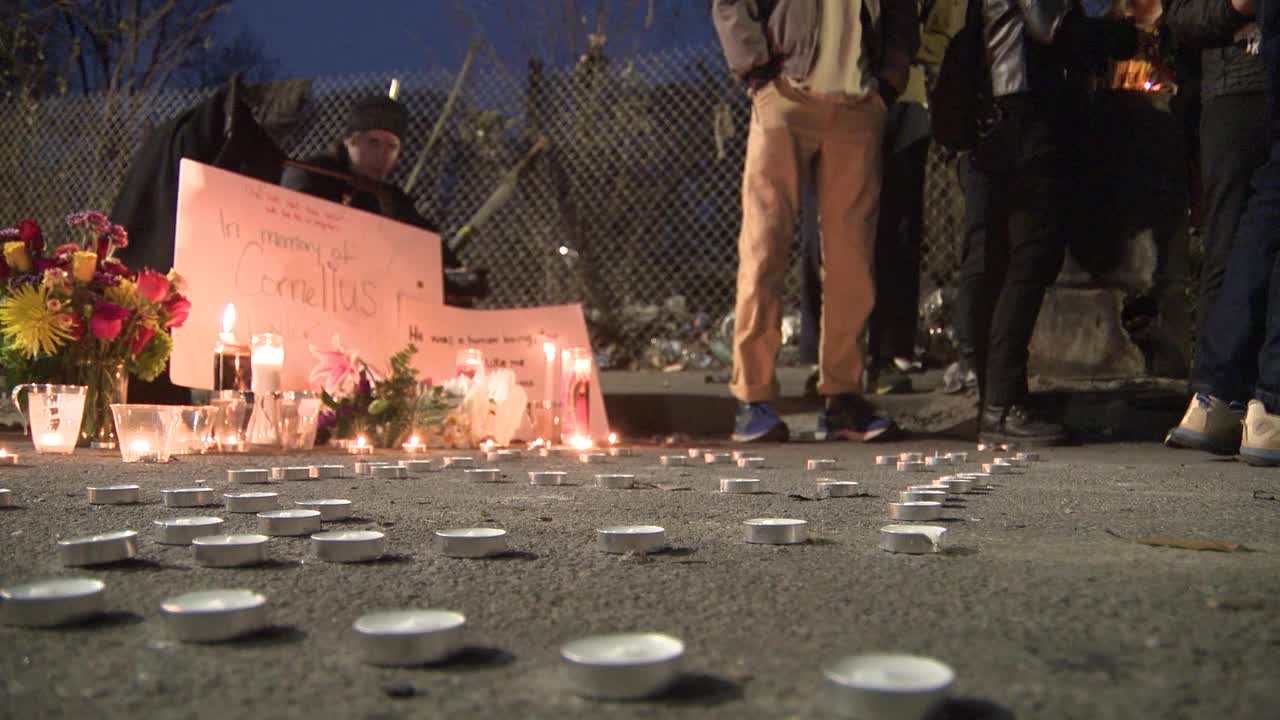Gwinnett County heads back to school
Students at Georgia’s largest school district are heading back to class and officials are ‘hopeful’ that new initiatives will make the learning process even better.
GWINNETT COUNTY, Ga. – It’s back-to-school time for more than 180,000 students in Gwinnett County Wednesday morning.
The county, Georgia’s largest school district, is kicking off the school year with a number of new initiatives working on safety, graduation rates, and student well-being.
Speaking to FOX 5, Superintendent Dr. Calvin Watts says he’s feeling “hopeful” and that Gwinnett County Schools are “open for inspiration.”
The district is expanding its Portrait of a Graduate program designed to ensure graduating students are ready for the real world.
“Create those competencies, those skills, that our families and our teachers would expect for their child so that they would be successful,” Watts said.
Gwinnett County has also increased counselors as it continues to deal with the emotional and social fallout from the COVID-19 pandemic.
Gwinnett County ready to go back to school
Students are heading back to class on Aug. 2 in the largest school system in Georgia. Gwinnett County Superintendent Dr. Calvin J. Watts spoke to Alyse Eady about the changes students may see and the new security measures the school system will have in place this year.
To keep students safe, there are new security measures at the entrances to school buildings. The district has bumped its number of school resource officers from 92 to 113.
The school system has made changes in how students are disciplined after a recent state report showed that the district has more students in alternative schools than five other large districts in the metro Atlanta area.
Some educators claim suspensions impact students of color disproportionately.
One major change will allow parents to advocate for their children at tribunal hearings where the most serious violations are dealt with.
In December 2022, the district reported a nearly 35% increase in violence from 2021 to 2022 but tribunals, where the most serious violations are dealt with, are down nearly 88%. Suspensions are also down.
Watts says they are approaching this school year with the students’ “health and wellness” in mind and that he’s excited to see what the new academic year brings.
“Our students are coming to us with open arms and our teachers are prepared,” he said. “We’re all working hard and smart to be ready for our students for the academic year. Welcome back.”
Henry County students go back to school
Safety is also a top priority in Henry County Schools.
The motto of the school district this year is “Winning for kids.”
The district will welcome nearly 44,000 students to its 52 schools.
They’ve spent nearly $26 million on safety and security since 2018.
The investments include a single-point entry at all schools, increased cameras in schools and buses, and real-time monitoring of exterior door cameras.
Other school systems going back to class Wednesday include Haralson, Douglas, Coweta, Clayton, Walton, Oconee, Clarke, and Putnam counties as well as the cities of Bremen, Marietta, Buford and Social Circle.
























/cdn.vox-cdn.com/uploads/chorus_asset/file/23935558/acastro_STK103__01.jpg)

/cdn.vox-cdn.com/uploads/chorus_asset/file/25826211/lorealcellbioprint.jpg)
/cdn.vox-cdn.com/uploads/chorus_asset/file/25832751/2192581677.jpg)

/cdn.vox-cdn.com/uploads/chorus_asset/file/25835602/Switch_DonkeyKongCountryReturnsHD_scrn_19.png)
